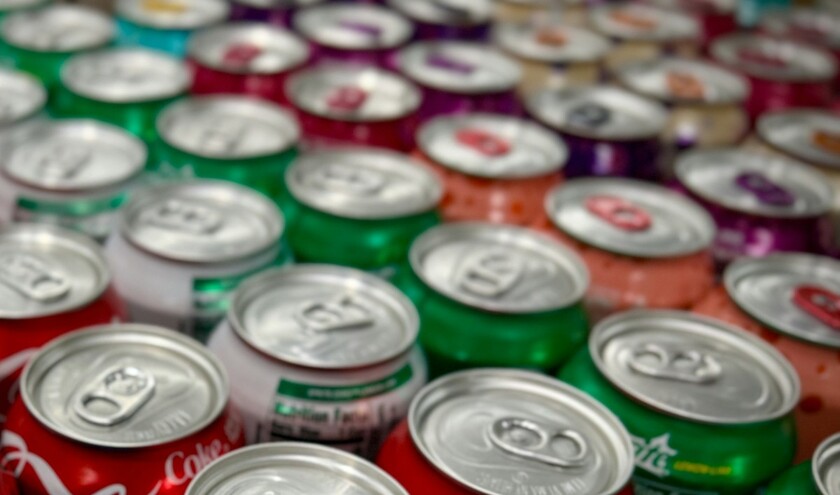Plans set out by the government will stop retailers from selling the drinks to children in a move that could prevent obesity in up to 40,000 children and deliver health benefits worth tens of millions of pounds.
Around 100,000 children consume at least one high-caffeine energy drink every day. There is growing evidence linking these drinks to harmful effects on children, including disrupted sleep, increased anxiety, poor concentration and reduced educational outcomes.
Health and social care secretary, Wes Streeting, said: ‘As part of our Plan for Change and shift from treatment to prevention, we're acting on the concerns of parents and teachers and tackling the root causes of poor health and educational attainment head on.
‘By preventing shops from selling these drinks to kids, we're helping build the foundations for healthier and happier generations to come.'
Research highlights that up to one third of children aged 13-16-years-old, and nearly a quarter of children aged 11-12-years-old consume one or more of these drinks each week.
Evidence also shows that children from more deprived communities are more likely to consume these products – further contributing to health inequalities across the country.
The proposal would make it illegal to sell high-caffeine energy drinks containing more than 150mg of caffeine per litre to anyone aged under 16-years-old across all retailers, including online, in shops, restaurants, cafes and vending machines. The proposals would not affect lower-caffeine soft drinks nor tea and coffee.
Many major retailers already voluntarily restrict sales, but research suggests some smaller convenience stores continue selling to children, highlighting the need for a consistent approach that protects our children and is fairer for industry.
A consultation on the delivery of the ban will run for 12 weeks gathering evidence from health experts, education leaders, retailers, manufacturers, local enforcement authorities and the public.
Reaction
Professor Steve Turner, president of the Royal College of Paediatrics and Child Health, said: ‘Paediatricians are very clear that children or teenagers do not need energy drinks. Young people get their energy from sleep, a healthy balanced diet, regular exercise and meaningful connection with family and friends.
'There's no evidence that caffeine or other stimulants in these products offer any nutritional or developmental benefit, in fact growing research points to serious risks for behaviour and mental health. Banning the sale of these products to under-16s is the next logical step in making the diet of our nation's children more healthy.'
Professor Amelia Lake, Professor of Public Health Nutrition at Teesside University and deputy director of Fuse the Centre for Translational Research in Public Health, said: ‘Our research has shown the significant mental and physical health consequences of children drinking energy drinks. We have reviewed evidence from around the world and have shown that these drinks have no place in the diets of children.
‘Other countries have age-restricted sales of energy drinks, Norway has recently announced their restrictions starting in 2026. I welcome this consultation, it will be a step forward in prioritising the health and wellbeing of our young population.'
Sarah Muckle, policy lead for children and young people at the Association of Directors of Public Health and director of Public Health for Essex, said: ‘Energy drinks, which are currently made incredibly attractive and affordable to children through targeted advertising and marketing campaigns funded by the industry, are associated with a wide range of physical and mental health issues and so we are very pleased to see the Government acting on its promise to protect children's health in this way.
‘A ban will not only make a huge difference to individual children's health but will also have the knock-on consequence of enabling our children and young people to take a more active role in their education and their communities – something that will benefit everyone.'
Professor Tracy Daszkiewicz, president of the Faculty of Public Health, said: ‘Mounting evidence shows us that high-caffeine energy drinks are damaging the health of children across the UK, particularly those from deprived communities who are already at higher risk of obesity and other health issues.
‘We welcome this public health intervention to limit access to these drinks and help support the physical and mental wellbeing of our young people.'



